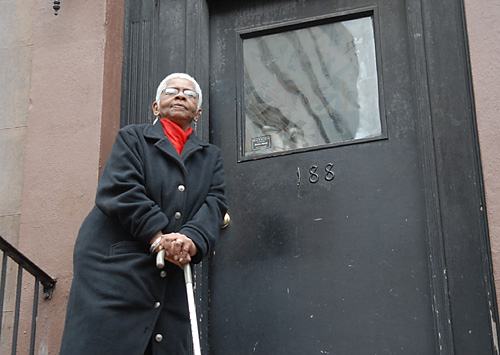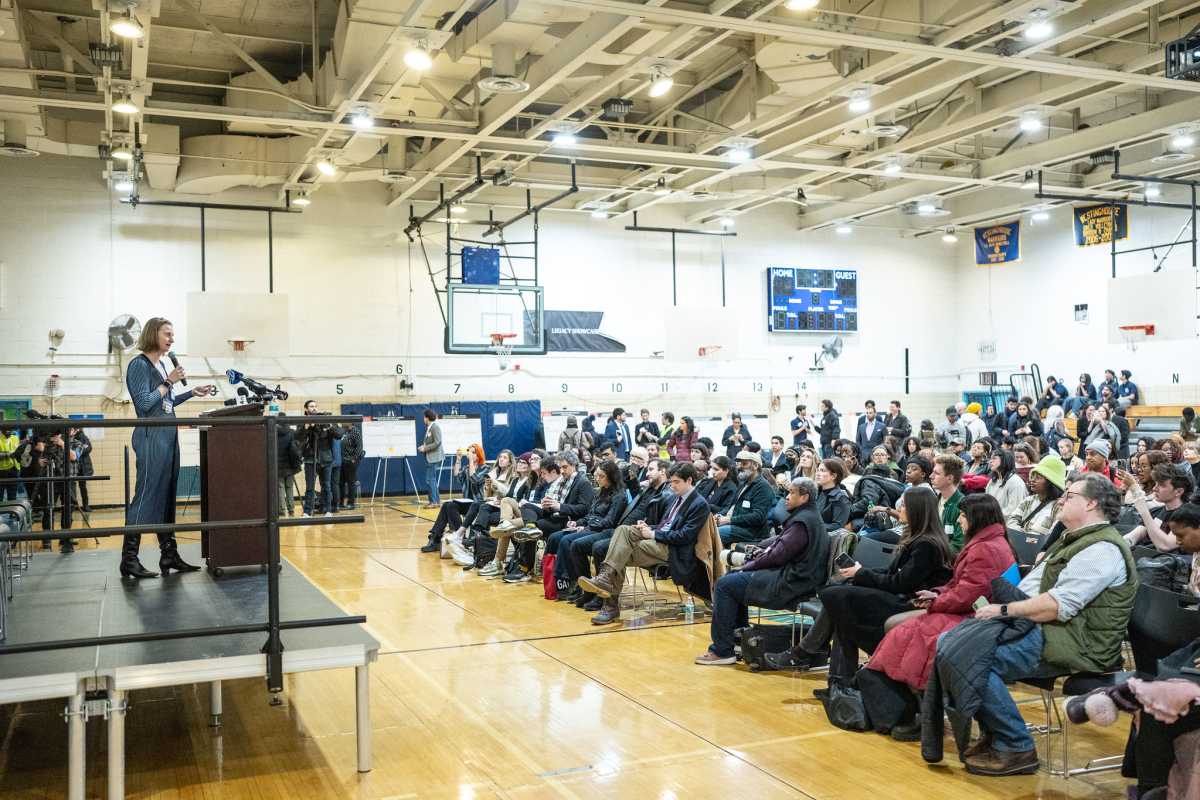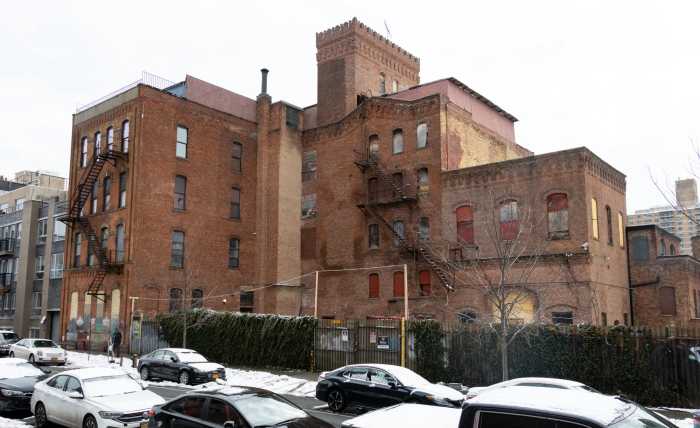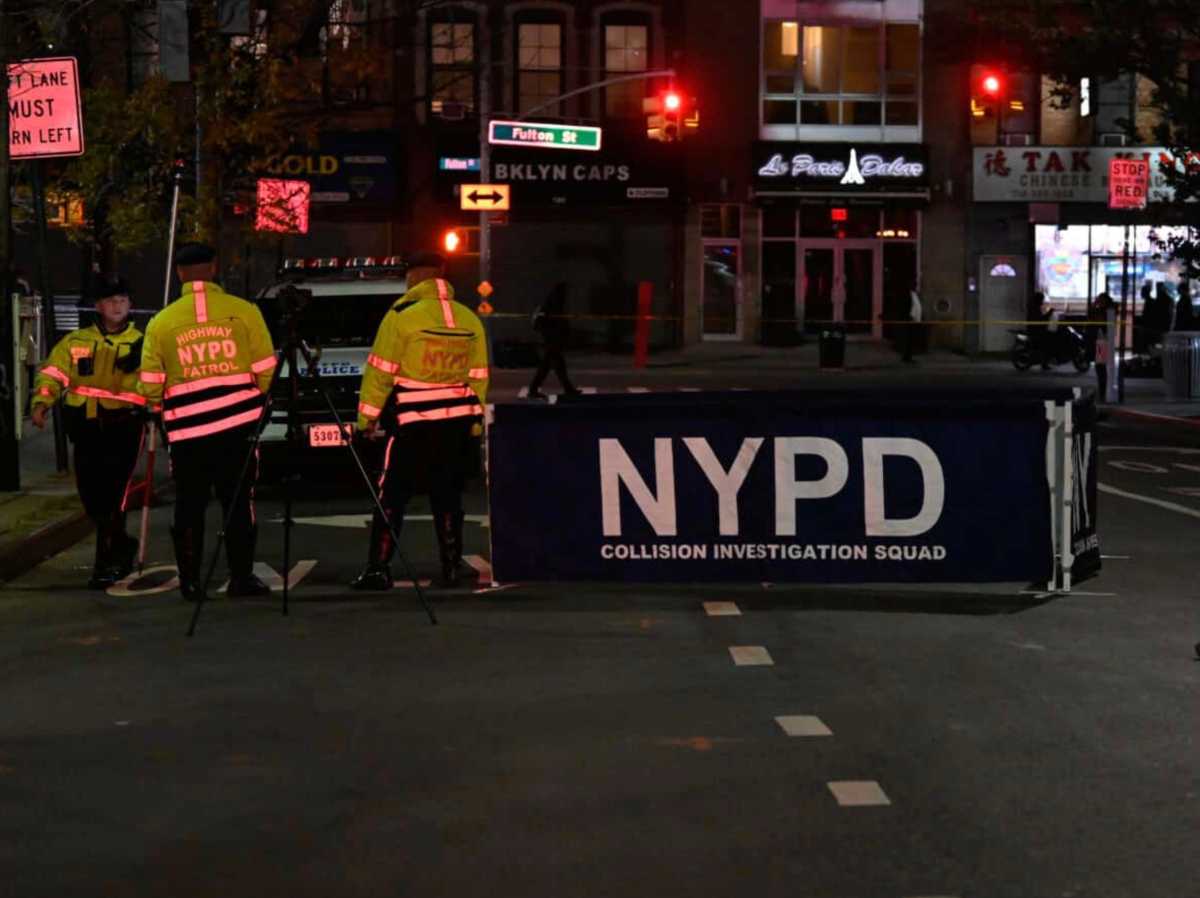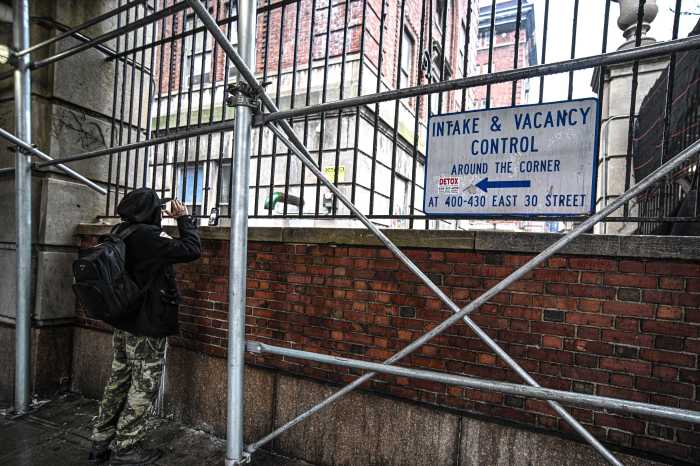A growing mob of local officials is circling in on a liberal Connecticut politician who is trying to evict rent-stabilized tenants from five buildings in Park Slope and Brooklyn Heights.
Assemblywoman Joan Millman (D–Cobble Hill) and Councilman David Yassky (D–Brooklyn Heights) are calling on the state Division of Housing and Community Renewal to block Frank Farricker from taking advantage of a state law that allows him to evict rent-stabilized tenants.
“This is a renovation project … [that will] evict tenants from current affordable housing in order to transform the building into luxury housing,” Millman said.
DHCR hasn’t ruled on Farricker’s October request, which was submitted in the midst of his state senate race — in which he pledged to be an affordable housing advocate, of all things.
“We can’t let the spiraling cost of housing cost us some of our best residents,” he said on his campaign Web site.
Needless to say, the irony hasn’t escaped the tenants awaiting his company’s marching orders.
“He runs on affordable housing and then tries to evict us,” said Barbara Callender, who lives in one of the eight units at 188 State St. in Brooklyn Heights, which would be gutted and converted into a five-unit building.
“This is crazy.”
State law does allow building owners to evict rent-stabilized tenants and demolish and modernize old buildings. In Chelsea, several groups of tenants are battling developers who evicted them to make way for luxury condos and, in one case, a boutique hotel.
The law requires building owners to relocate the rent-stabilized tenants, but often, they end up living in less-desirable neighborhoods, or paying more to stay in the area, housing advocates say.
“These ‘phony demolitions’ aren’t about modernizing structures [but] about getting [rent-stabilized] people out so wealthier people can move in,” said Jenny Laurie, an advocate at the Metropolitan Council on Housing.
Farricker says he only works for the Penson Companies, which owns the five Brooklyn brownstones, as well as the Candy Factory building at 20 Henry St., which is now being converted from a rent-stabilized Mitchell-Lama building into a luxury development.
“[The demolition request] had to do with my signing a paper when someone else was away,” he told The Brooklyn Paper.
At one time, such approvals were easy to get, but increasing political pressure has made the process harder. In the East Village, opposition forced a developer to withdraw his demolition request. He later agreed to renovate the rent-stabilized buildings with the tenants inside.
At the Candy Factory building, tenants battled Penson, but eventually settled and moved to cheaper parts of the borough.
Farricker said the tenants in the current dispute are being dishonest. He reiterated his promise that they would be allowed to return to the building when the work was completed.
Then the ex-candidate blamed his could-be-evictees for his 66-33 percent loss on Election Day.
“It was a smear campaign and [the Brooklyn tenants] got what they wanted,” he said.
But it is unclear whether the tenants will get what they say they want, which is a guarantee that they may remain in their homes.
“The current policy at DHCR favors Penson,” said Sandhya Reju, a lawyer for South Brooklyn Legal Services who is representing some of the effected tenants.
Farricker file
Frank Farricker, who is accused of trying to evict rent-controlled tenants, has buildings at these addresses in Brooklyn Heights and Park Slope:
• 219 St. Johns Pl.
• 182 State St.
• 186 State St.
• 188 State St.
• 100 Clark St.


